Our Network Debunks Four Common Menopause Myths
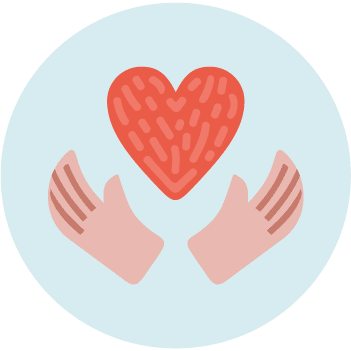
Published: 26/10/2022
Menopause can be a misunderstood subject. There are many misconceptions people hold about what menopause can be like and how it can affect individuals’ lives. Throughout Menopause Awareness Month, we want to break down the stigma surrounding menopause and shine a light on how to live and work well with menopause. We’ve spoken to some members of the Right at Home network to help us bust some common myths!
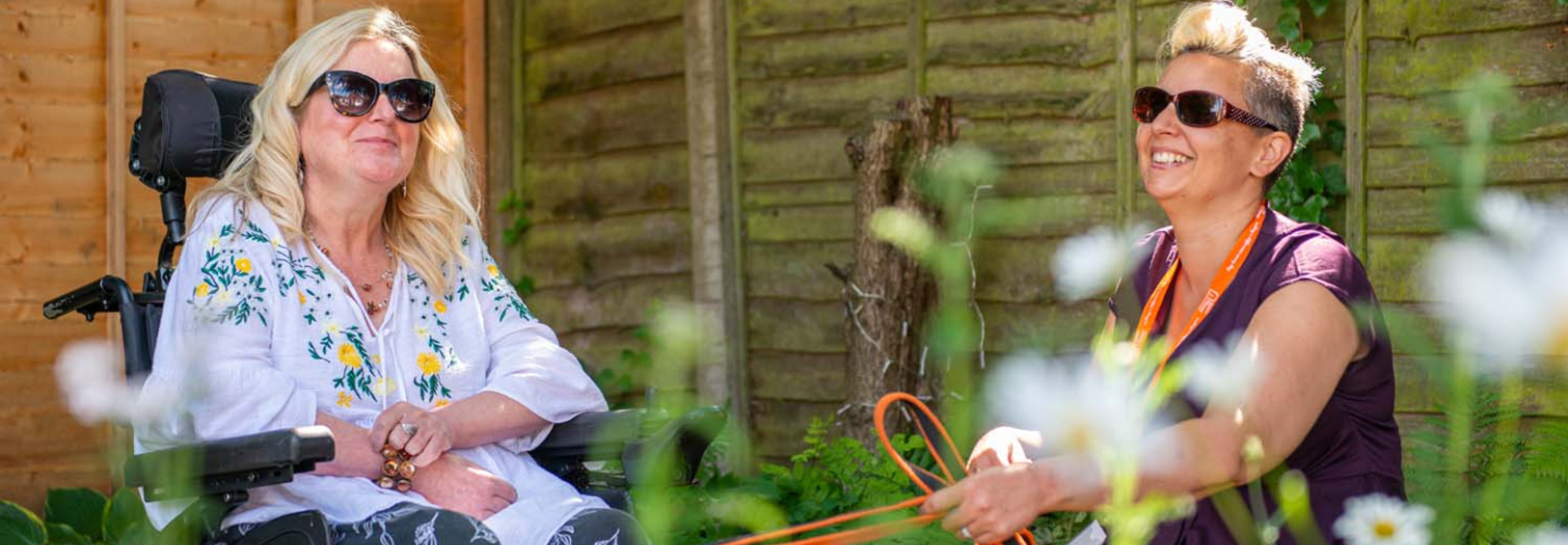
Myth #1: Menopause automatically starts when you turn 50
Although the average age that menopause begins is between the ages of 45 and 55, it can happen earlier or later for some. The myth that menopause hits at exactly 50 couldn’t be further from the truth. There are some common terms you might hear that people believe are interchangeable with “menopause” but actually refer to different stages of it:
- Premature menopause occurs before a person is 40 years old, affecting around 1% of the female population
- Early menopause is when a person undergoes menopause before the age of 45. This happens to around 8% of people experiencing menopause
- Perimenopause refers to the period of time in which an individual transitions into menopause
- Late-onset menopause is the term for someone who starts menopause after the age of 55
Both premature and early menopause can happen naturally if a person’s ovaries stop producing ‘normal’ levels of some hormones for their body. They can also be brought on by medical treatments such as hysterectomies and some cancer treatments. Some symptoms such as hot flushes may be experienced for years after menopause.
Each person’s body is different, so the time that people start menopause can vary dramatically. It’s important that people familiarise themselves with the common signs of menopause so they can prepare for it when the time comes and understand the changes happening to their body.
Myth #2: Menopause is something only women need to worry about
A common myth is that menopause is just a “women’s issue”. Over 51% of the population will experience menopause - the fastest growing demographic of workers in the UK. It’s important that everyone educates themselves on menopause and how it affects people’s lives.
At some point, everyone may know a parent, child, partner, friend or colleague going through menopause, who might need support and a listening ear. Being comfortable talking about menopause will help those experiencing it to feel more supported and help to eradicate unnecessary feelings of embarrassment or shame which can be common.
It is also important to acknowledge that although most people experiencing menopause are likely to be women, there are transmen and non-binary people who will experience it too. So it is fundamental to be respectful towards anyone who may be experiencing it and avoid assumptions.
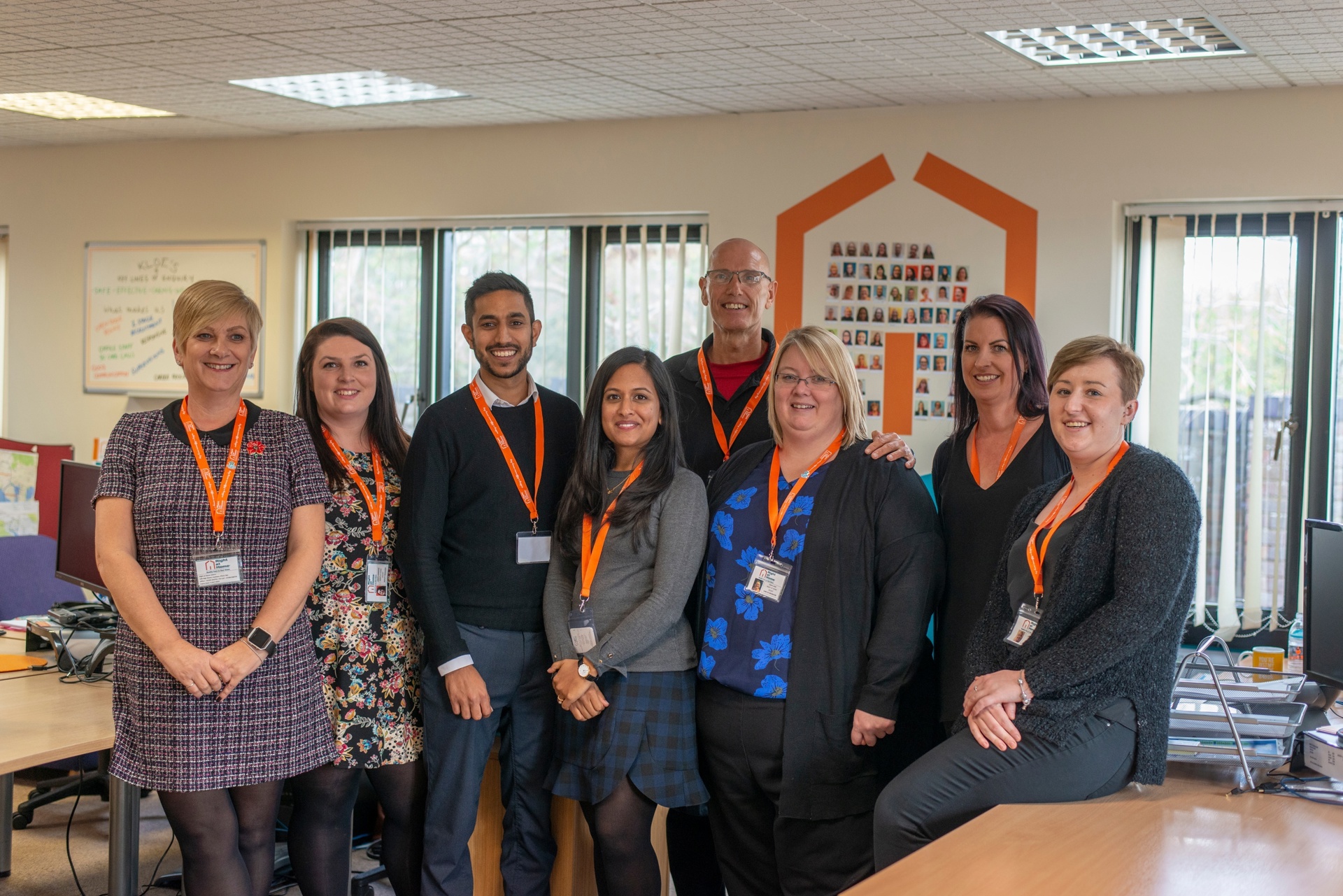
Jenny | Right at Home Borehamwood"We’re very lucky to be very open in our office. It’s not seen as a taboo subject and we’ll talk openly and respectfully about menopause. It helps to create this overall environment where if someone new comes in, they immediately understand and feel comfortable too - whether they experience it or not."
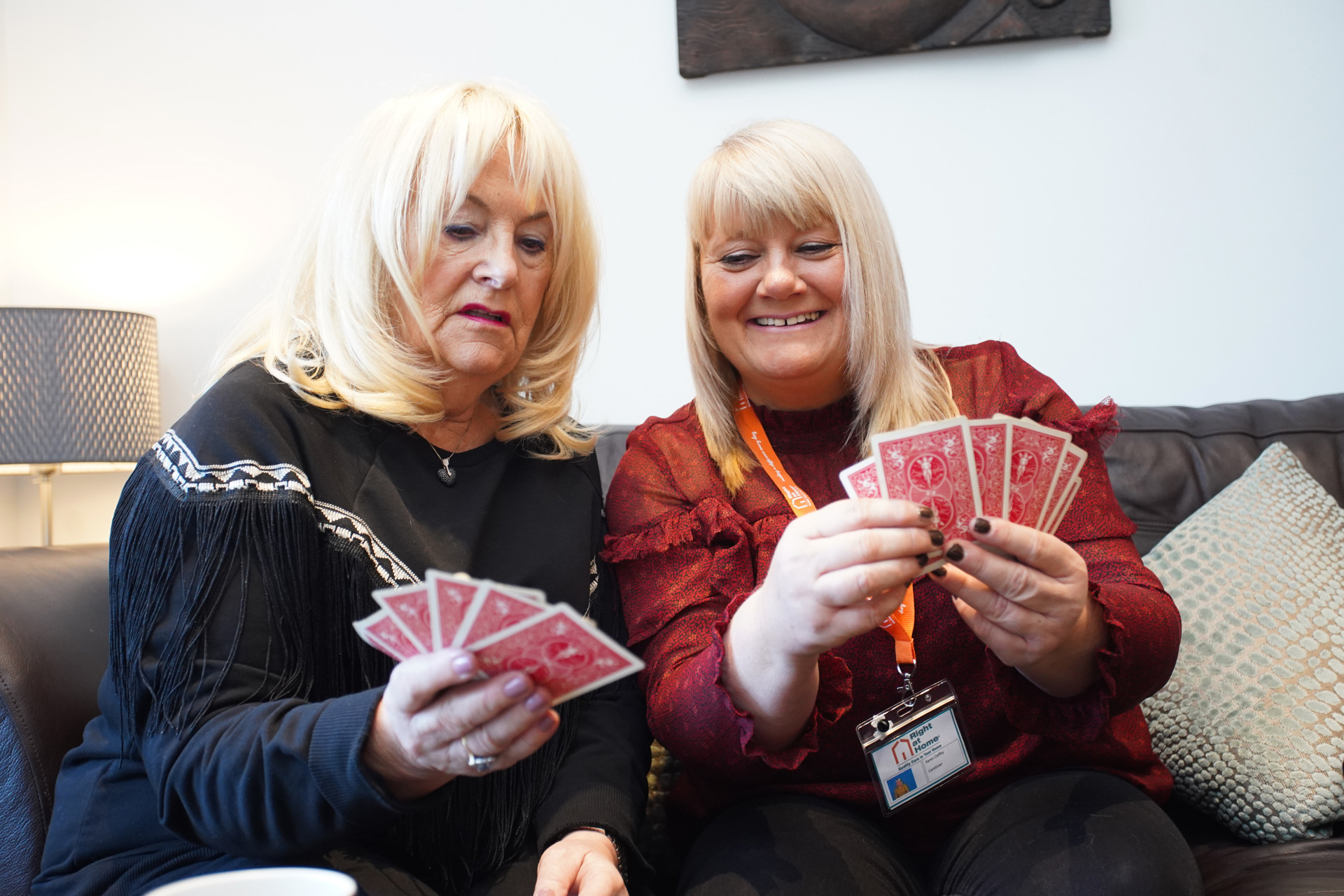
Myth #3: Mood changes and night sweats are the only symptoms of menopause
Everyone’s experience of menopause is different. There are lots of symptoms someone in menopause may encounter including but not limited to: headaches, heart palpitations, hot flushes and brain fog.
Some people may not feel comfortable discussing their symptoms, as they can be very personal. However, it’s important to create an environment where people feel comfortable opening a dialogue about it if they would like to, especially at work if it is affecting their day-to-day life. Then, where possible, try to make reasonable adjustments to help them manage their symptoms.
For more information on menopause symptoms visit our Menopause Awareness Page.
Ali | Right at Home Solent"Some people will experience no symptoms, and others will experience symptoms for 12 years like I did - everybody is just so different. There are lots of handy little tips to help you cope and find what works for you. One of my favourite tricks was putting a pillowcase in the freezer, then putting it at the end of my bed when I went to sleep, to help me with my hot flushes."
Myth #4: People experiencing menopause just have to get on with it
For many years, the phrases ‘just get on with it’ or ‘suffer in silence’ were very commonplace when it came to topics such as menopause. However, as the conversation around menopause continues to open up and more support is readily available, it is becoming easier for people to seek support when they need it.
As with talking about mental health, grief and life challenges, talking to someone about what you're going through can take a weight off your shoulders and ease the burden.
There are also a wealth of treatment opportunities available to menopausal people including Hormone Replacement Therapy (HRT), natural remedies and Cognitive Behavioural Therapy (CBT). If you do feel it is time to seek medical help, it is important to speak to your GP or a trained medical professional.
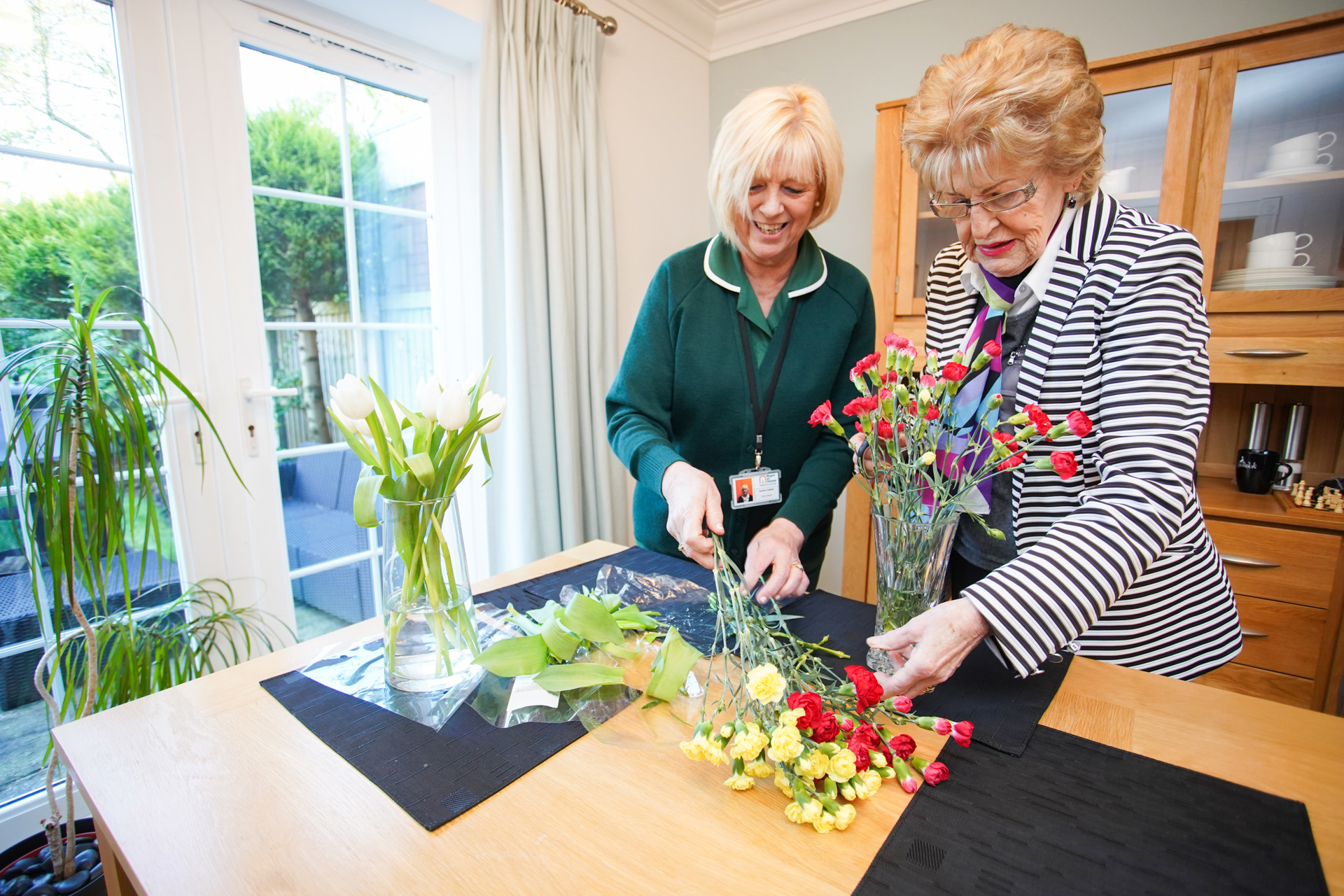
Madeline | Right at Home Portsmouth"I had menopause in an era when we just sort of said ‘get on with it’, we didn’t really speak about it. There is so much help out there, not just from your doctor, but online and in-person support groups too. If you are brave enough to talk, you’ll find someone who wants to listen and understands what you’re going through."
Each person’s experience of menopause is different. The more we learn about the topic, the more we can offer support to those who need it when the time comes.
If you want to learn more about living well with menopause, visit our Menopause Awareness Page where you can download our Pause for Menopause guide, which is full of handy hints and tips to help make living with menopause that bit easier.
